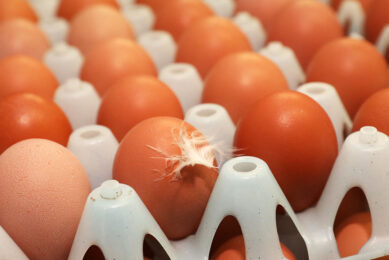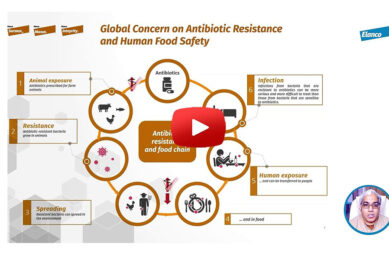Foie gras ban not the coup that California had hoped for
California’s July 1st ban on foie gras is failing to stick. Estimates are that the number of food offenses in California, with the introduction of the ban, has doubled overnight, Food Safety News reports.
Gourmands are hoarding all the fatty geese or duck livers they can find, while new foie gras farmers may be setting up right across the border.
Chefs are ingoring the ban on the fatty livers, and California’s restaurant industry is in federal court, asking to have the ban on serving the fatty livers struck down for a long list of reasons.
Ban a long time coming
All of this stems from a 2004 bird feeding law with a rather long trigger for a ban on serving foie gras, the French delicacy made from fatty livers of geese or ducks. The ban went into effect on July 1, 2012.
The law bans the production and sale of both foie gras and its by-products, such as down feathers for jackets and comforters.
The nearly eight-year-delay before it took effect was intended to give producers, using the gavage process involving the use of feeding tubes inserted in the throats of the poultry, time to get out of the business.
In the week since the ban went into effect, California restaurants could be subjected to fines up to US$1,000 (€813) for serving foie gras. The limited supply of product remaining may be why none have apparently cited.
A question of animal cruelty
Former State Senator John Burton, now chairman of the California Democratic Party, was the sponsor of the 2004 bill. Burton told the Free Republic the law has “nothing to do with meat. It has to do with animal cruelty.”
While animal cruelty was the reason for the ban, questions have been raised about the food safety of foie gras. The argument – which is rejected by USDA -is that force-fed birds develop bacteria or toxins in their blood resulting in a disease that can prove fatal before slaughter. USDA, however, declined a request to put a notice on the label saying: “Foie gras products are derived from diseased birds.”
Chefs and many high-end restaurants in California are not taking the ban lying down. Chicago overturned its ban on foie gras – it appears that how fatty livers are made is less of a concern to policy makers than is the ecological impact of shark fin soup, which is banned.
Court challenge
California groups asked the federal court to strike down the fatty liver ban, mainly because it impacts interstate commerce and may overstep the state’s authority to do so. California has seen other laws struck down for the same reason, most recently on its total exclusion of so-called “downer” animals from federally regulated slaughter facilities.
In the court challenge, the law is also challenged for being too vague to enforce. It includes language to prevent over-feeding, but there are no standards in terms of weight, volume or caloric values.
Sonoma Foie Gras was the only producer operating in California when the 2004 bill was passed. Chefs and restaurants sought unsuccessfully earlier this year to get the California Legislature to withdraw the ban before it was implemented.
Source: Food Safety News












